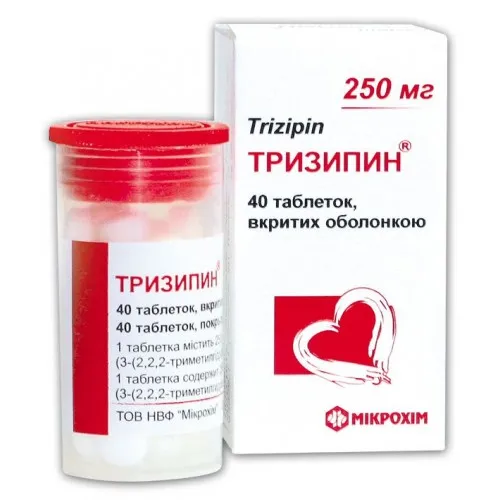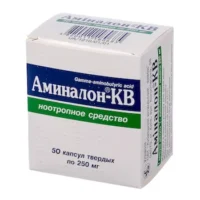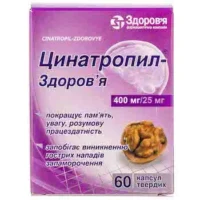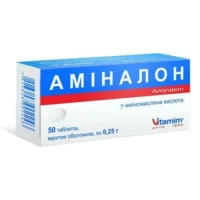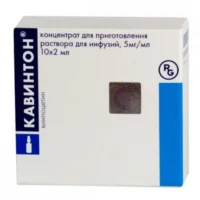Description
Trizipin (Meldonium) Coated Tablets 250 mg
Ingredients:
- Each coated tablet contains 250 mg of meldonium.
Dosage:
- The recommended dosage is as directed by a healthcare professional.
- It is typically taken orally with water, with or without food.
Indications:
- Trizipin (meldonium) is indicated for use in cases of reduced working capacity, physical and psycho-emotional stress, and during the recovery period after illnesses.
Contraindications:
- Do not use Trizipin (meldonium) if you have hypersensitivity to meldonium or any other component of the product.
Directions:
- Follow the instructions provided by your healthcare professional or the product packaging.
- Do not exceed the recommended dosage.
Scientific Evidence:
- Meldonium, the active ingredient in Trizipin, has been studied for its potential benefits in enhancing physical performance and reducing fatigue.
- Research published in the Journal of Sport and Health Science has shown that meldonium can improve exercise tolerance in athletes and individuals with heart conditions.
Additional Information:
- In clinical trials, meldonium has demonstrated promising results in improving cardiovascular function and increasing endurance.
- It is believed to work by modulating energy metabolism and oxygen consumption in cells, leading to improved physical performance.

